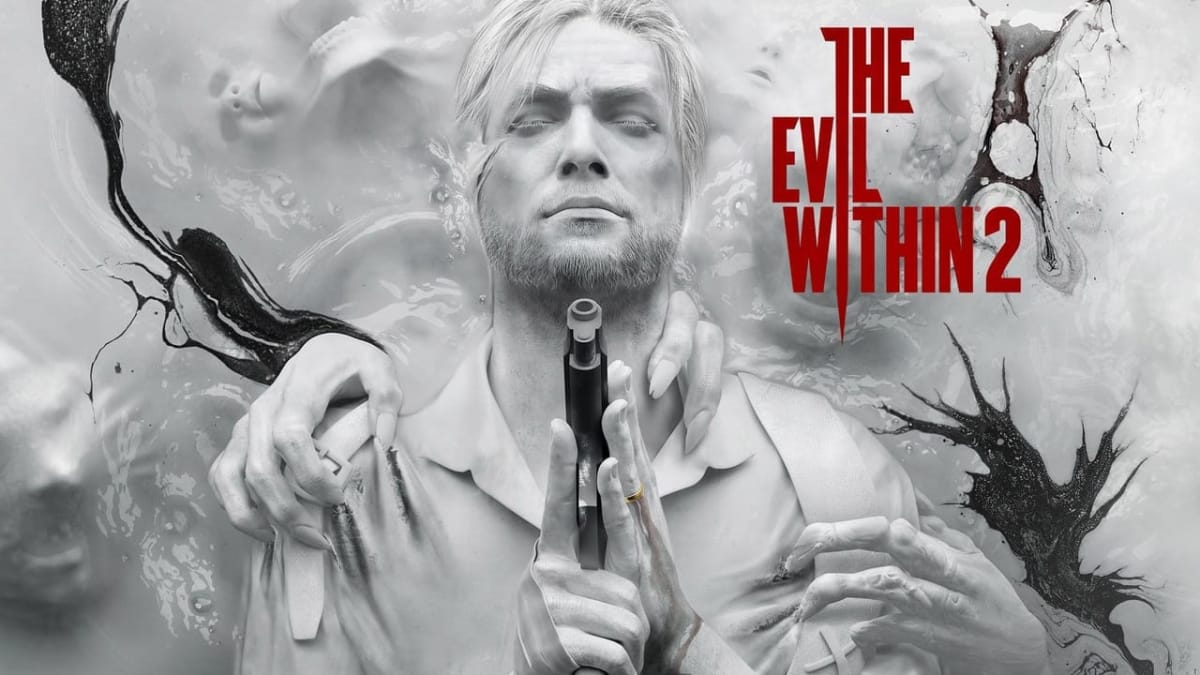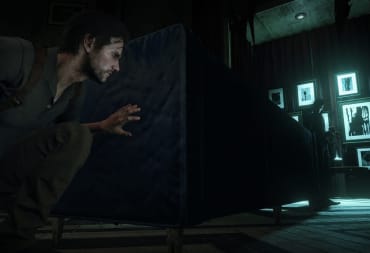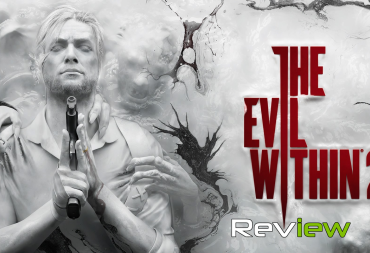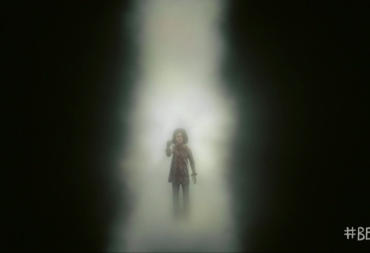Last Saturday, August 11, Polygon broke the story of an Amazon Marketplace seller who received a notice from Bethesda Softworks for the sale of a sealed copy of The Evil Within 2 as new, demanding that the listing be removed. The seller, Ryan Hupp, had bought a PlayStation 4 copy of the game, though he didn't own the platform, and never even unwrapped the game. He had planned to buy a PlayStation 4 to play the game, but in the end, he spent that money upgrading his gaming PC. Reselling used games has always been a common practice, but in a situation like this, it would make sense to resell the game as new, due to it being sealed and never played.
The notice suggested that Bethesda has been sending this notice to other sellers as well. It was sent by Bethesda's legal firm Vorys, who made the argument that Hupp wasn't an authorized reseller, and therefore the sale was unlawful. Although Hupp did remove the listing, he also replied to Vorys, pointing out that the resale of copyrighted product such as video games is protected in U.S. law through the First Sale Doctrine, which allows consumers to resell a copyrighted product, so long as it’s not significantly altered from its original form.
In point of fact, Vorys specializes in this practice, going as far as posting a how-to article about it on their website: "Three-Step Approach to Stopping Unauthorized Online Sales on eBay."
Unauthorized sales of products on third-party websites like eBay is significantly impacting many businesses.We spoke to video game lawyer Zachary Strebeck about the whole affair and he offered some insight.In short, we recommend a three-step program for addressing these unauthorized sellers as follows, with more details listed below.
First, a company should revise its policies, procedures and agreements to: 1) support legal claims against third-party unauthorized sellers, and 2) differentiate its products from those sold by unauthorized sellers.
Second, a company should implement a graduated enforcement system. The purpose of this system is to eliminate authorized sellers through the integration of monitoring technology, investigation, and enforcement tactics.
Third, we recommend implementing a communications strategy that: 1) demonstrates to authorized distributors that the company is protecting them (providing measureable results from the enforcement system); and 2) demonstrates that products sold by unauthorized sellers are unreliable and often do not come with certain services and benefits or do not have the quality controls that the company has established.
Regarding the law: The First Sale Doctrine, which seems to be what applies here, is an exception to copyright law that allows anyone to do what they'd like with their authorized copy of a game, including sell it. Normally, a copyright owner has the exclusive right of distribution, but once that first sale has been made, their rights basically end.Robert Purchese from Eurogamer was at QuakeCon 2018 at the time and spoke to Bethesda Senior VP of Marketing and Communications Pete Hines, who argued in so many words that a product, once purchased from an authorized seller, can no longer be considered new, as there is a possibility of misconduct by the consumer, who cannot in any way be an authorized reseller.There are some exceptions, of course. One, which Bethesda seems to be relying on, is that if there's a "material difference" in the resold goods from their original sale condition, the First Sale Doctrine may not apply. The definition of "material" is basically something that a consumer would think is important when making their decision to buy the item. For example, if there's something done to the item that voids the warranty, obviously this would be "material" in making the purchasing decision.
Bethesda is saying that an item that is described as "new," but isn't coming directly from an authorized distributor, is a material change that would be important to consumers. Therefore, they're arguing that it should be labeled "used," simply because it has changed hands one time.
I think that most consumers, however, would agree that the word "new" when describing a video game simply means that it hasn't been opened or played. As opposed to "used," which obviously means it's been played before, or at the very least opened up. I've certainly never defined "new" specifically as coming directly from the manufacturer or distributor.
Sounds like they're trying to redefine the word "new" when it comes to games. I think that, in general, this kind of over-lawyering just generates bad press and bad blood with consumers. In my opinion, it's not worth it just to stop a small amount of otherwise "new" games being sold as "new."
It's worth pointing out that the parent company to which Bethesda Softworks is a subsidiary, ZeniMax Media, has been notoriously litigious in the past few years, filing a lawsuit against Mojang in 2011 over Scrolls and strong-arming the developers of Fortress Fallout into changing the name.
Bethesda's relationship with consumers is bound to become frayed if they keep pushing for such aggressive practices, even if they are in the right legally speaking.
What's your take on Bethesda's practices? Can an unwrapped game be considered used in any way? Is a strained relationship with consumers worth it to prevent resellers from selling their games as new? Let us know in the comments below!





